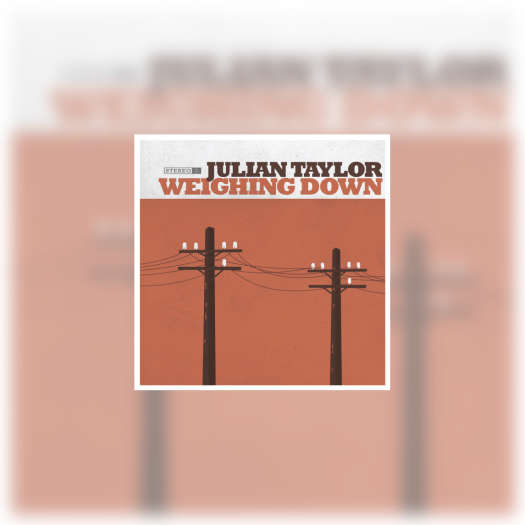What is so ironic about the title of this full-length from Oakville, Ontarios TFB is that, unlike the majority of their past material, some of the songs here are anything but short. Controlled, yes mainly by the lightning fast beats of Andy Lewis, who plays his kit as if it is a lead instrument in the band, steering songs through double-time verses and mathematic, half-time breaks that never lose their appeal. Thankfully, the drum sounds are leaps and bounds better than the tin can drum sound that bogged down Lewis work on Contagious Movement Theory, their last record. The production value of the whole record is a benchmark for the band, allowing the work of each member to shine in a new light; from the strained, soaring melodies of lead singer Ian Stangers vocals to the surgically tight guitar work of Ryan Podlubny and the one simply known as "D. With songs that take the more progressive aspects of the bands powerful pop punk sound and run with them, Short Controlled Bursts benefits from some inspired moments of instrumental introspection, as on the seven-minute closer "The Song That (Actually) Doesnt End Part 2. Anchored by one of Southern Ontarios greatest bassists, Brian Robinson, the bands newest batch of songs will doubtlessly lead them to great things.
Was it interesting to write such an epic song as "The Song That (Actually) Doesnt End Part 2? Vocalist Ian Stanger: Its funny, because we did the record with a guy named Murray Daigle, whos known for production of pop bands. We told him going in to this that were not a pop band, but want the sound that his studio could give us. He agreed came to one of our jams before coming in to the studio. He heard that song and said, "Its too long, youve got to cut it down. I dont understand it. So we extended it, wrote "Part 1 and attached that to the beginning. It wasnt written to be a long song or an epic. Its just a song that Andy wrote that happened to be really long.
Many bands from Oakville and Burlington break huge and totally disappear. What do you credit your longevity to? We understand that being from such a strong area, we have opportunities that a band from Yellowknife might not have. We dont take that for granted, but weve still really had to work for everything weve got. Any problem that a band could have, weve had and overcome over the years. I think thats why were so strong now.
(Chainsaw Safety)Was it interesting to write such an epic song as "The Song That (Actually) Doesnt End Part 2? Vocalist Ian Stanger: Its funny, because we did the record with a guy named Murray Daigle, whos known for production of pop bands. We told him going in to this that were not a pop band, but want the sound that his studio could give us. He agreed came to one of our jams before coming in to the studio. He heard that song and said, "Its too long, youve got to cut it down. I dont understand it. So we extended it, wrote "Part 1 and attached that to the beginning. It wasnt written to be a long song or an epic. Its just a song that Andy wrote that happened to be really long.
Many bands from Oakville and Burlington break huge and totally disappear. What do you credit your longevity to? We understand that being from such a strong area, we have opportunities that a band from Yellowknife might not have. We dont take that for granted, but weve still really had to work for everything weve got. Any problem that a band could have, weve had and overcome over the years. I think thats why were so strong now.




